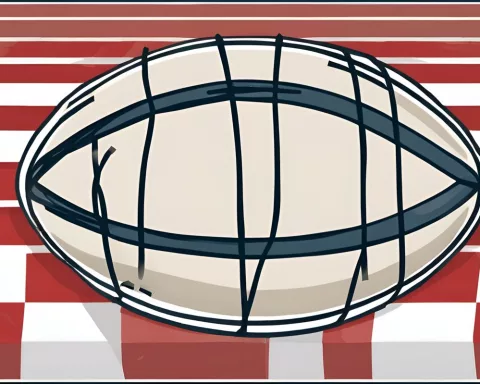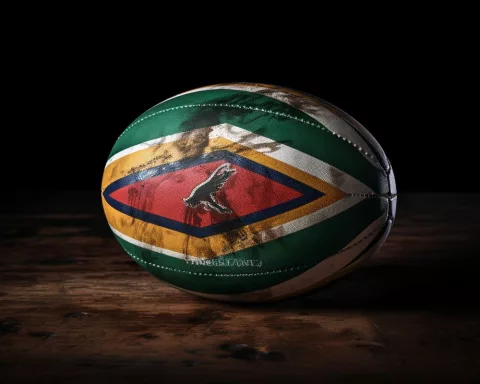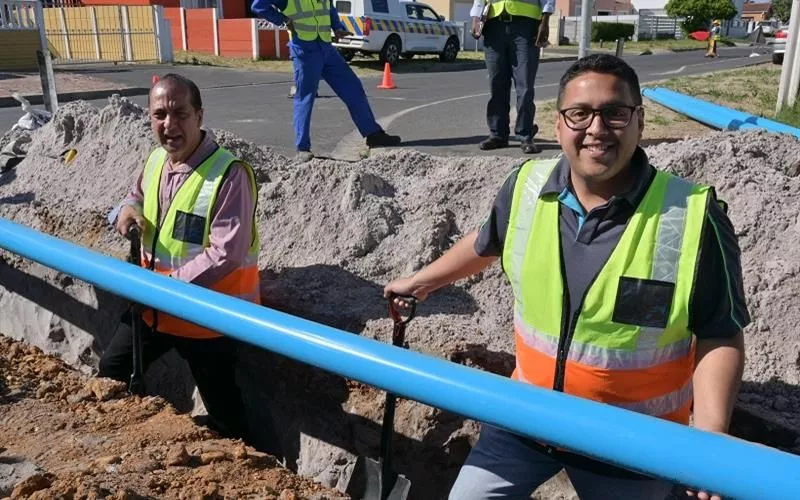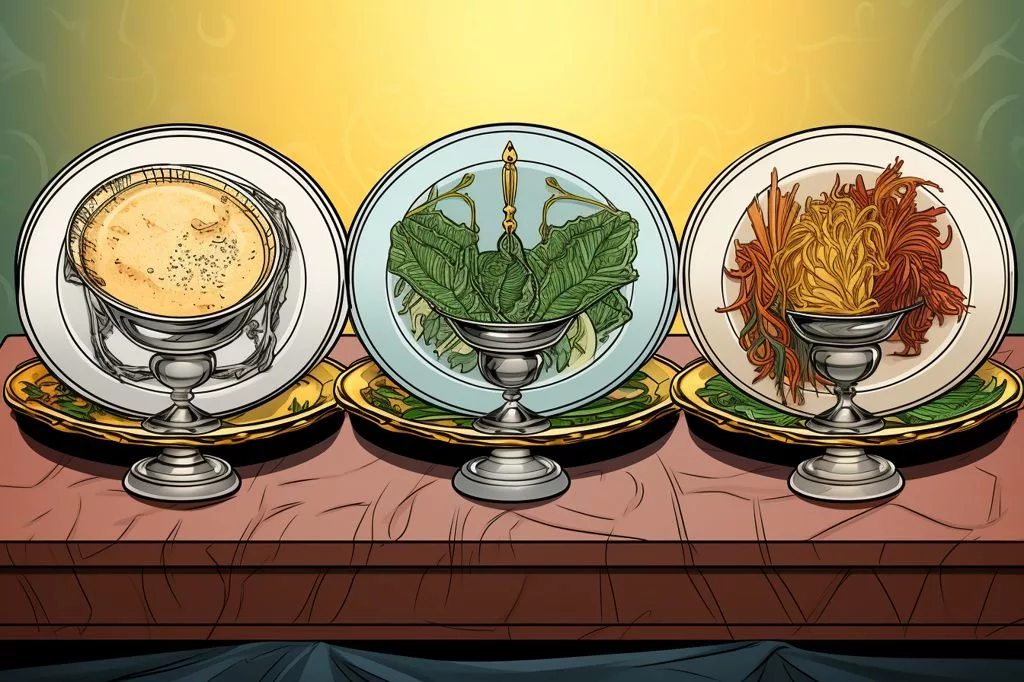The accusation that South African hooker Bongi Mbonambi used a racial slur during the Rugby World Cup semi-final match against England has caused a stir in the rugby world. Tom Curry claimed Mbonambi called him a “white c**t,” which has been caught on audio and is currently being investigated by World Rugby. Some South African supporters suggest that Mbonambi’s words may have been misconstrued as he was using Afrikaans, one of the country’s official languages, to communicate strategies on the field. This incident raises important questions about language and cultural differences in sports and the responsibility of organizations to address these matters with care.
Did Bongi Mbonambi use a racial slur during the Rugby World Cup semi-final?
England flanker Tom Curry accused South African hooker Bongi Mbonambi of calling him a “white c**t” during the Rugby World Cup semi-final match. World Rugby is investigating the claim, which has been captured on audio. However, South African supporters have suggested that Mbonambi’s words may have been misconstrued as he was using Afrikaans, one of the country’s official languages, to communicate strategies on the field. The outcome of the investigation will establish a precedent for how similar incidents are managed in the future.
The Allegation and Investigation
The rugby world has recently been shaken by the accusation of a racial slur directed at South African hooker Bongi Mbonambi during the Rugby World Cup semi-final match between South Africa and England on October 21st. England flanker Tom Curry claimed Mbonambi called him a “white c**t” on the field. This event has instigated an investigation by World Rugby, with UK Prime Minister Rishi Sunak even addressing the issue.
In the intense match, South Africa secured a narrow victory with a 16-15 scoreline. However, the spotlight quickly turned to the severe claim made by Curry. As reported by UK publication The Standard, Sunak highlighted the need for a comprehensive investigation, stating, “It’s rightly an issue that needs to be looked at very carefully by World Rugby…we wait the response.”
World Rugby has promptly responded to the accusation, declaring that “World Rugby takes all allegations of discriminatory behavior extremely seriously.” They reaffirmed their commitment to examining the matter, which was captured on audio during the game.
Analyzing the Audio Evidence
In the audio recording, Curry is heard telling referee Ben O’Keeffe about the alleged occurrence. O’Keeffe, from New Zealand, counseled Curry to do “nothing” and assured him that he would manage the situation. However, the audio evidence has been met with doubt from South African supporters, who contend Mbonambi’s words may have been misconstrued.
The South African rugby team is recognized for utilizing Afrikaans, one of the nation’s official languages, to communicate strategies and tactics on the field. Some fans propose that Mbonambi might have used the phrases “wit kant” or “wyd kant,” which translate to “white side” or “wide side,” respectively.
These expressions could be employed to indicate the color of the opponent’s jerseys or to signify the area of the field to focus their defense. Numerous fans have cited this as proof of a misinterpretation rather than a deliberate racial slur.
Jared Wright, a rugby aficionado, posted the audio clip on Twitter and commented, “Wyd kant or wit kant, I reckon it’s one of those two. (White/wide side). It could be a trigger call on defense, and Bongi Mbonambi shouts it more than once.” Many others have contributed their thoughts, leading to a spirited debate on social media.
Implications for the Sport and Cultural Differences
This event raises critical questions about the role of language and cultural disparities in sports, and how miscommunications can result in potentially detrimental misunderstandings. It also underscores the responsibility of organizations like World Rugby to address these delicate matters with the utmost care and diligence.
While the investigation continues, the ramifications of such allegations on the sport’s integrity and the players involved cannot be overlooked. If Mbonambi is proven innocent, it would be vital to tackle the broader issue of linguistic barriers and their potential to create unnecessary conflict.
In a world where sports are perceived as a unifying force, it is crucial to ensure that misunderstandings like these are resolved quickly and fairly. As fans and observers, we must endeavor to be open-minded and consider various perspectives before assigning blame to individuals. The outcome of this investigation could establish a precedent for how similar incidents are managed in the future.
As we anticipate the results of World Rugby’s inquiry, it is essential to remind ourselves of the importance of fair play, respect, and sportsmanship that underpin competitive sports. The rugby world will undoubtedly be watching closely to see how this situation develops and the lessons that can be gleaned from it.
1. What is the accusation against Bongi Mbonambi?
England flanker Tom Curry accused South African hooker Bongi Mbonambi of calling him a “white c**t” during the Rugby World Cup semi-final match.
2. Is there an investigation ongoing for this accusation?
Yes, World Rugby is investigating the claim, which has been captured on audio.
3. What is the stance of World Rugby on such allegations?
“World Rugby takes all allegations of discriminatory behavior extremely seriously.”
4. What is the audio evidence in this case?
In the audio recording, Curry is heard telling referee Ben O’Keeffe about the alleged occurrence.
5. What is the possible counter-argument for Mbonambi’s defense?
Some fans propose that Mbonambi might have used the phrases “wit kant” or “wyd kant,” which translate to “white side” or “wide side,” respectively.
6. What is the implication of such allegations on the sport?
This event raises critical questions about the role of language and cultural disparities in sports, and how miscommunications can result in potentially detrimental misunderstandings.
7. What is the responsibility of organizations like World Rugby in such matters?
It underscores the responsibility of organizations like World Rugby to address these delicate matters with the utmost care and diligence.
8. What lesson can be learned from this incident?
We must endeavor to be open-minded and consider various perspectives before assigning blame to individuals. The outcome of this investigation could establish a precedent for how similar incidents are managed in the future.












